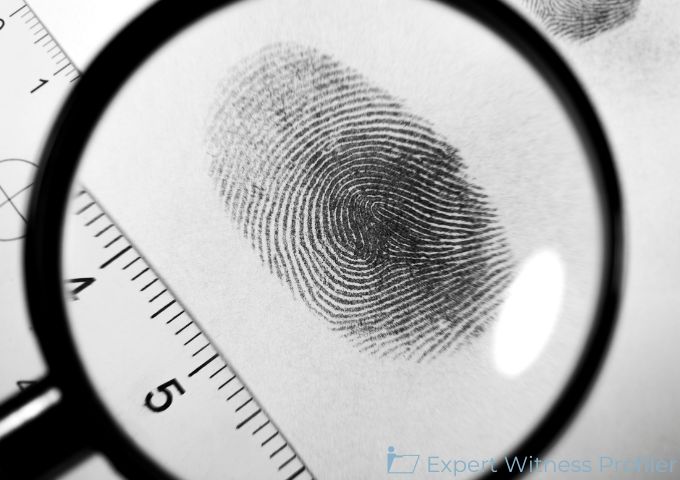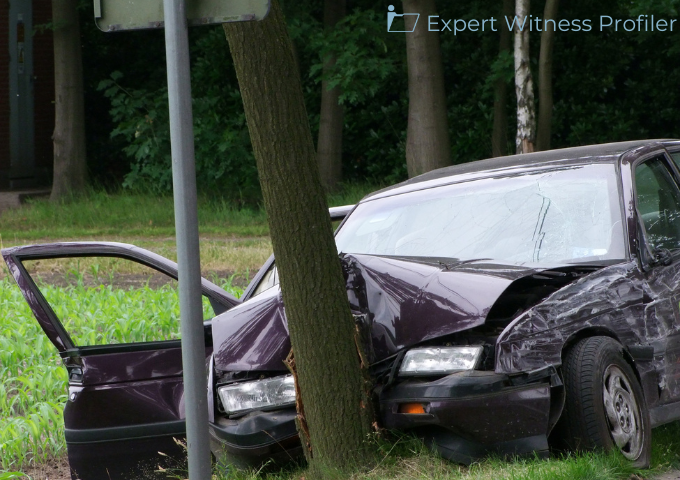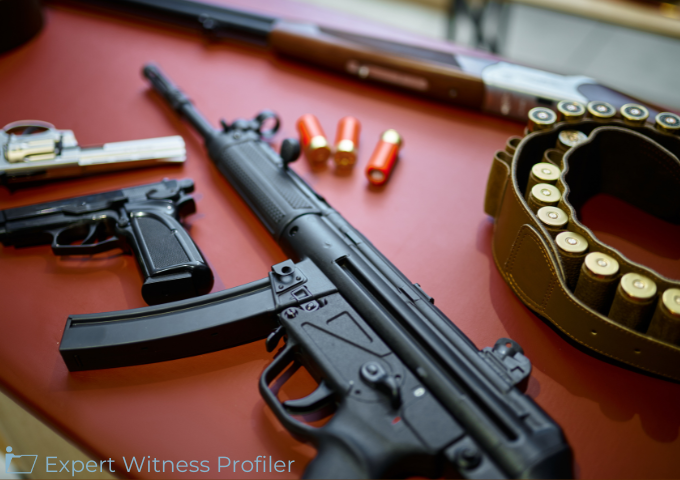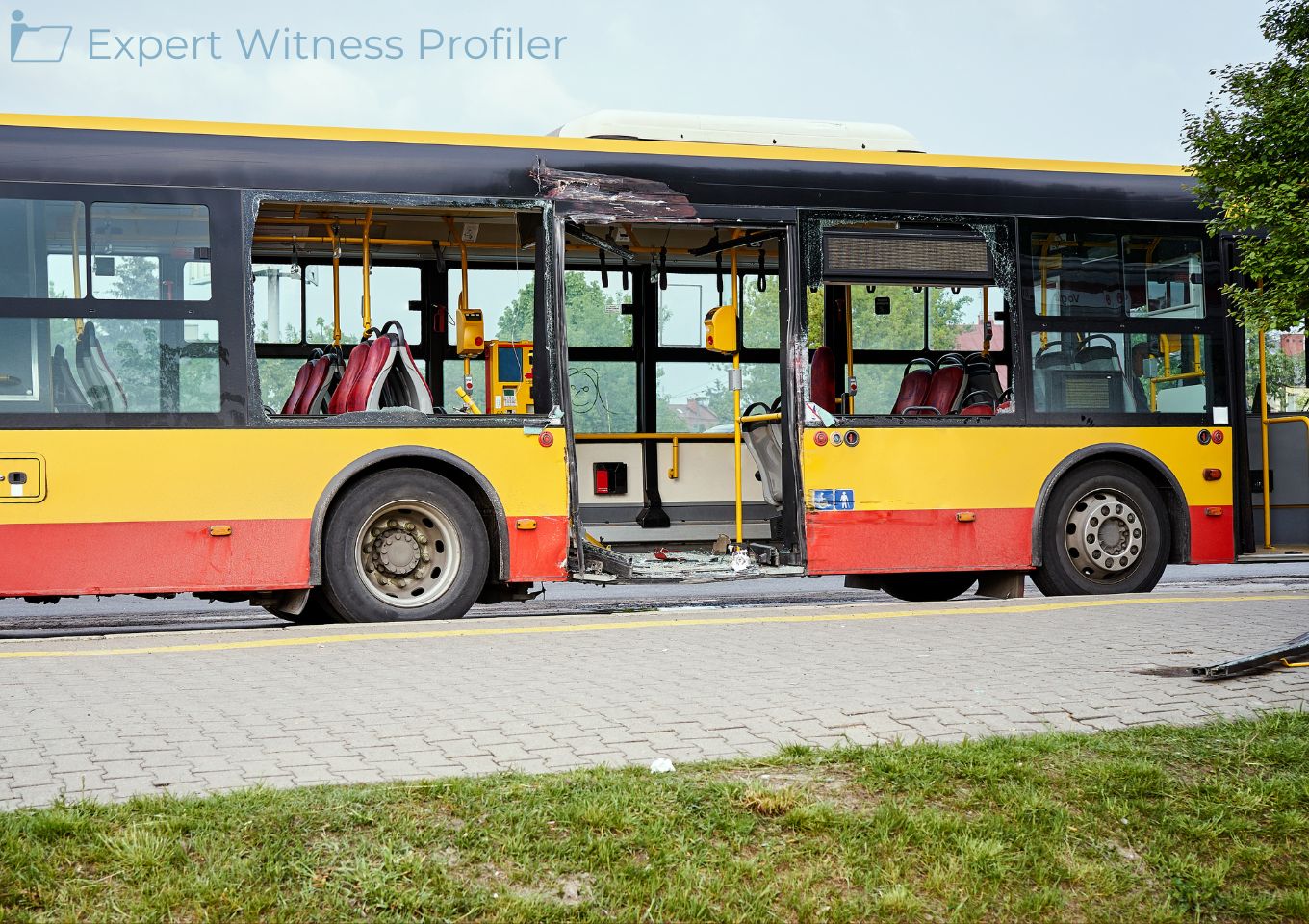
Posted In: Emergency Medicine Expert Witness, Expert Challenges
Posted On: December 9, 2024

Posted On: December 9, 2024

Posted On: October 14, 2024

Posted On: October 7, 2024

Posted On: July 10, 2024

Posted On: July 3, 2024

Posted On: July 3, 2024

Posted On: June 13, 2024

Posted On: June 12, 2024

Posted On: December 4, 2023

Posted On: December 1, 2023